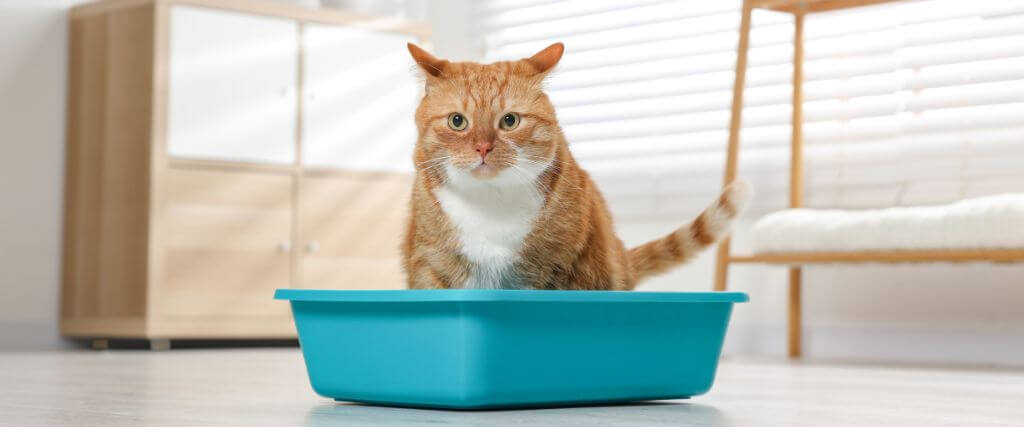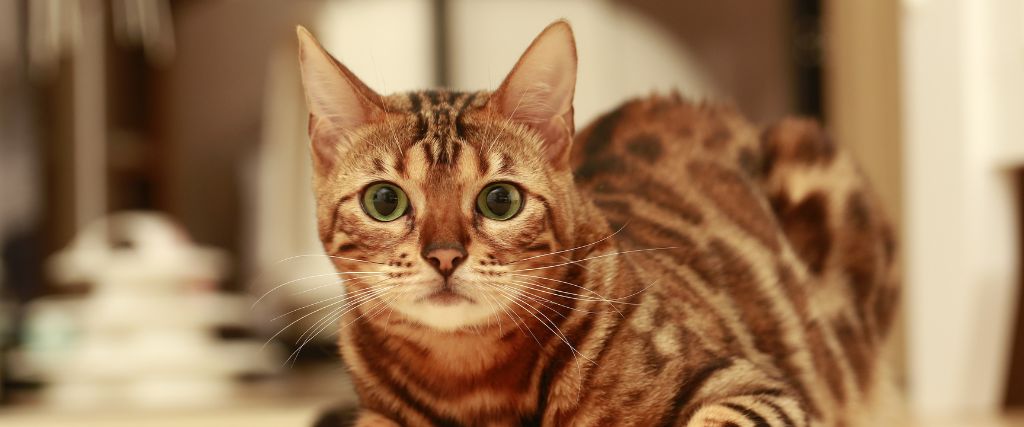Pet Care Information
Freedom From Fear: Noise Conditioning for Fireworks and Thunderstorms
The Fourth of July is a holiday filled with backyard BBQ feasts accented by a colorful array of firework explosions enjoyed by many. However, dogs with noise aversion to fireworks and thunderstorms ruin this American pastime. Waking up at 2 a.m.











